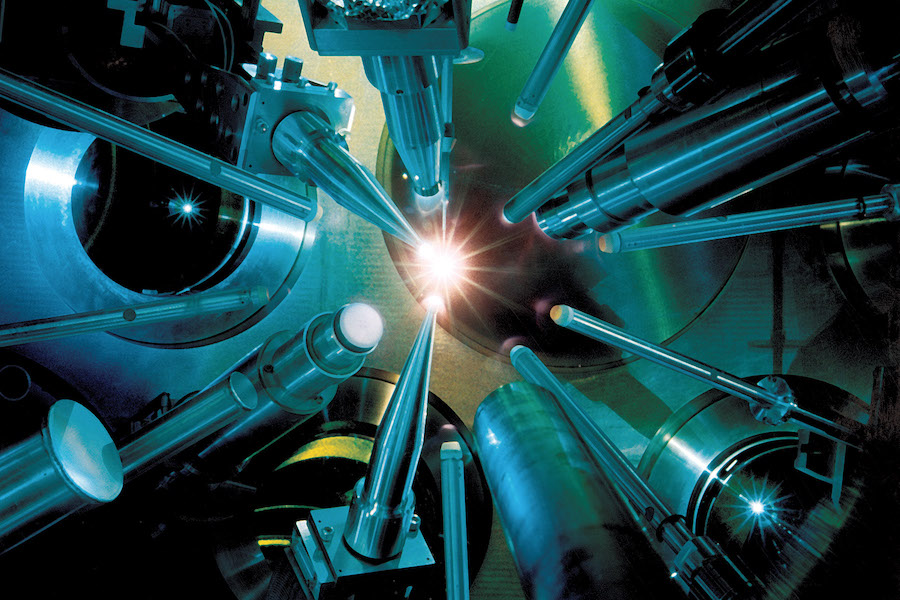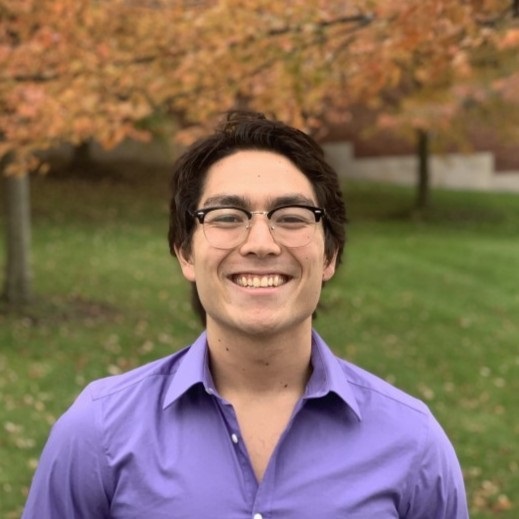Jonathan Musgrave
Advisor: Dr. Jake Bromage

Optical Parametric Chirp Pulse Amplification (OPCPA) is an intensely researched topic and has gained a lot of traction in the past 25 years for the continued development of ultrashort pulse generation. A precise control and knowledge of a systems spectral and spatial phase is required for Fourier transform-limited pulse compression. Specifically, during parametric amplification a nonlinear phase accumulation can be detrimental to the peak power and pulse width of a system after compression. In this article plane wave analysis of OPA will be used in order to study the influence of material, wavefront, and optical alignment on spectral and spatial phase, in relevance to recompression and focusing of OPCPA systems. Expressions for pump-angle and signal-angle sensitivity is derived that can be used to evaluate an OPCPA systems resilience to spatial and spectral aberration as well as misalignment. These expressions are used to evaluate the tolerance of OPCPA systems that utilize partially deuterated potassium dihydrogen phosphate (DKDP) with a gain-bandwidth in the visible spectrum. Wavefront data collected at the Laser Laboratory for Energetics’ (LLE) on the MTW-OPAL system is used to apply these expression in context to recompression and focusing of amplified ultrashort pulses. We show a resiliency to phase accumulation in the presence of both wavefront aberration of the signal and pump as well as high resiliency to alignment error for non-walk off and walk off compensated geometries. The peak power of OPCPA systems of this type are therefore limited more drastically by the signal gain rather then phase accumulation.

